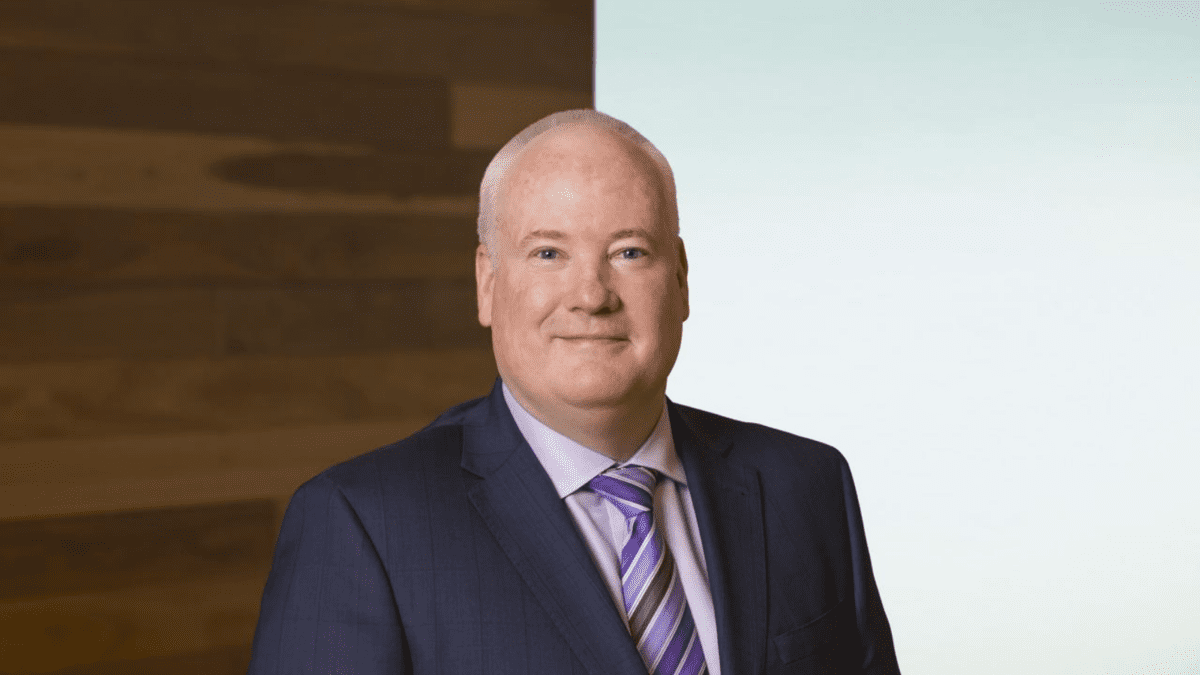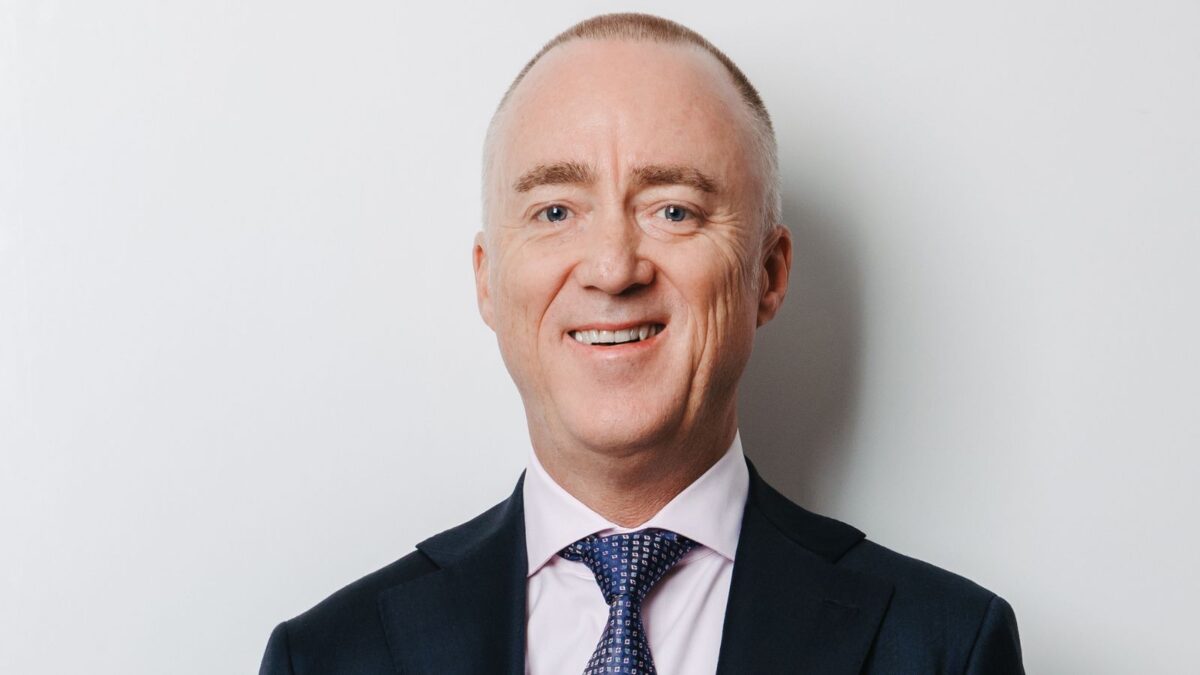Retrospective changes could ‘erode’ public perception of YFYS: ART
While one aim of the Your Future Your Super (YFYS) performance test has been to increase member engagement, Australian Retirement Trust (ART) believes that proposed changes to its structure could make it more difficult to understand and compare a fund’s performance.
“Retrospective changes may produce meaningful shifts in outcomes that are complex to communicate,” ART chief investment officer Ian Patrick (pictured) wrote in an early May submission to Treasury. “Increasingly granular benchmarks make it difficult for members to relate the reported investment strategy to test outcomes (and) may produce vastly different outcomes between funds that appear to have similar investments.”
ART’s concerns echo those of AustralianSuper, which warned that a more granular approach to benchmarking would only add complexity to the performance test from a member and comparison perspective and said that funds should instead be measured against a “universal industry benchmark”.
“Whilst some in the industry have advocated for more asset classes and benchmarks to “neutralise tracking error”, this only serves to further eliminate the incorporation of asset allocation and portfolio construction decisions in the test,” AustralianSuper said in a submission to Treasury following the release of the updated YFYS regulations in April. “… the proposed changes do not address the ongoing risk of funds ‘hugging the benchmark’ and the test outcomes are still not well-aligned with outcomes for members that incorporate all dimensions of performance a fund can control.”
ART instead wants a new net return measure definition (i.e. after costs and admin and advice fees) displayed across APRA’s choice product heatmap, YourSuper comparison tool and Member Outcomes Assessment to “create consistency with investor outcomes across all performance frameworks and avoid confusion for members”.
ART also wants retrospective changes kept to a minimum, with Patrick writing that reclassification of products that have previously passed or failed might “erode public perception of the value of the test” and the potential for further retrospective changes might inhibit a fund’s appetite to innovate and deviate from existing benchmarks. The existing benchmark for Australian fixed income – the Bloomberg Ausbond Composite 0+ Index – should also be retained as it’s the most representative benchmark for the asset class.
“Prospective changes to asset class benchmarks in the test should be infrequent,” ART’s submission says. “Where changes occur, it should be anticipated that funds are likely to alter investment strategy and update asset class benchmarks in response, leading to increasing transaction costs which is ultimately to the detriment of member returns. The threshold for changing an asset class benchmark should therefore be high and consideration should be given to the potential costs to members of any changes.”










